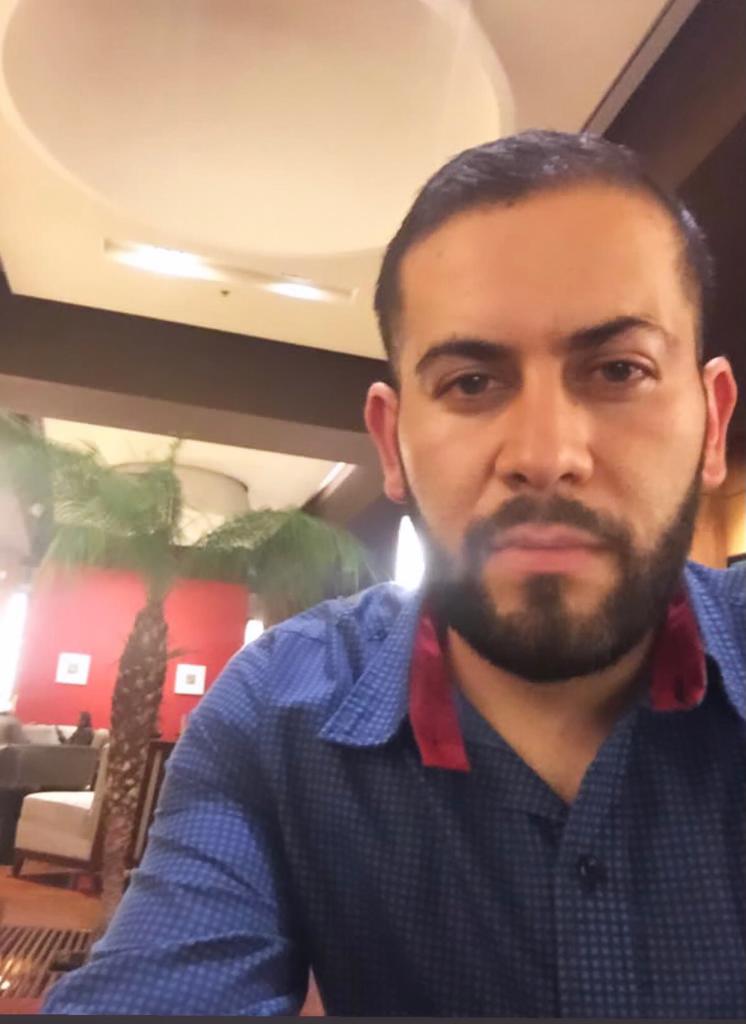
Dr. Rodríguez-Vargas is a young solid-state physicist, specializing in low-dimensional systems. He has a broad research interest in the theoretical study of quantum wells, wires, and dots. He has a theoretical background in methodologies such as: the effective mass approximation, the kp method, the tight-binding method, and the transfer and hybrid matrix approach. For more than ten years, he has studied the optoelectronic and transport properties of delta-doped quantum wells. He has successfully explained experimental results about the transport properties of coupled delta-doped quantum wells by means of calculations of the electronic structure. In the past few years, he has been involved in the study of the transmission, transport, and electronic structure properties of graphene-based systems. In particular, periodic and aperiodic multi-barrier systems. At this moment four are fundamental for Dr. Rodríguez-Vargas: 1) oscillations in the conductance, 2) self-similar charge transport, 3) Fano resonances and 4) Low- dimensional thermoelectricity in 2D materials.
In the first case he has succeeded in correlate the opening, closure and degeneration of the energy subbands with the peaks in the conductance, explaining in this way the energy location and form of the oscillations. In the case of self-similar charge transport, he has participated in the derivation of the scale rules that underlie the transmission and transport properties of self-similar graphene-based structures. These rules constitute a demonstration that self-similarity, a ubiquitous property reflected in different aspects of nature, is manifested in the physical properties of solid-state systems. He is also studying Fano resonances in gapless bilayer graphene, specifically how these asymmetric resonances influence the transport properties. Finally, Dr. Rodríguez-Vargas is addressing the concept of low-dimensional thermoelectricity in 2D materials. Particularly, how these materials can be nanostructured to improve the thermoelectric properties such as the Seebeck coefficient and the thermopower factor. At the moment he is working with monolayer graphene, bilayer graphene, and silicene.

Sergio Molina Valdovinos
Sergio Molina is a lecturer-research of the Academic Unit of Science and Technology of the Light and Matter (LUMAT) at the Autonomous University of Zacatecas. He received his Bachelor’s Degree in the Faculty of Physical-Mathematical Sciences at the Michoacan University of San Nicolás de Hidalgo, and his Ph.D. in Physics in the Physics Department at the Center for Research and Advanced Studies of the National Polytechnic Institute of Mexico (Cinvestav-IPN). His research interests are in the study of nonequilibrium transport in semiconductors. In particular, He is focusing on the study of thermomagnetic effects. In recent years, he has developed his interest in studying low-dimensional systems, paying special attention to thermoelectric effects in 2D materials.
email: sergiomv@uaz.edu.mx
ResearchGate, ORCID, Google Scholar

Rogelio Rodríguez González
Dr. Rogelio received his Ph.D. in physics in 2018 from the Autonomous University of Zacatecas (UAZ), México. He obtained his B.S. and M.S. degrees in physics from UAZ, in 2011 and 2013, respectively. After receiving his Ph.D., he joined Centro de Investigación en Ingeniería y Ciencias Aplicadas (CIICAp) from the Universidad Autónoma del Estado de Morelos as a postdoctoral fellow in August 2019. He joined 2D Materials Research Group as a postdoctoral research in September 2020. His current research project is focused on the transport properties in 2D materials such as graphene and silicene in complex structures, where he explored novel exotic effects in the physical properties like the self-similar quantum transport. He also joined National System of Researches (SNI) as national research Level C in January 2020.
email: rodriguezglez.r@gmail.com
ResearchGate, ORCID, Google Scholar